Small businesses may be "small," but they frequently have huge aspirations, and thanks to e-commerce platforms like Shopify, they can still obtain global visibility to promote their goods and services.
One of the first considerations made when beginning an e-commerce business (or pretty much any business) is what tools to utilize to run the day-to-day operations. Shopify is a logical choice for small business owners wishing to establish e-commerce or add it to an existing firm for a variety of reasons.
#1 Simple to use
Shopify is a "software as a service" (SaaS) provider, which means it provides the admin and frontend that allows you to run your store. It also takes care of server maintenance, software updates, security, and a myriad of other tasks that many small business owners would rather avoid.
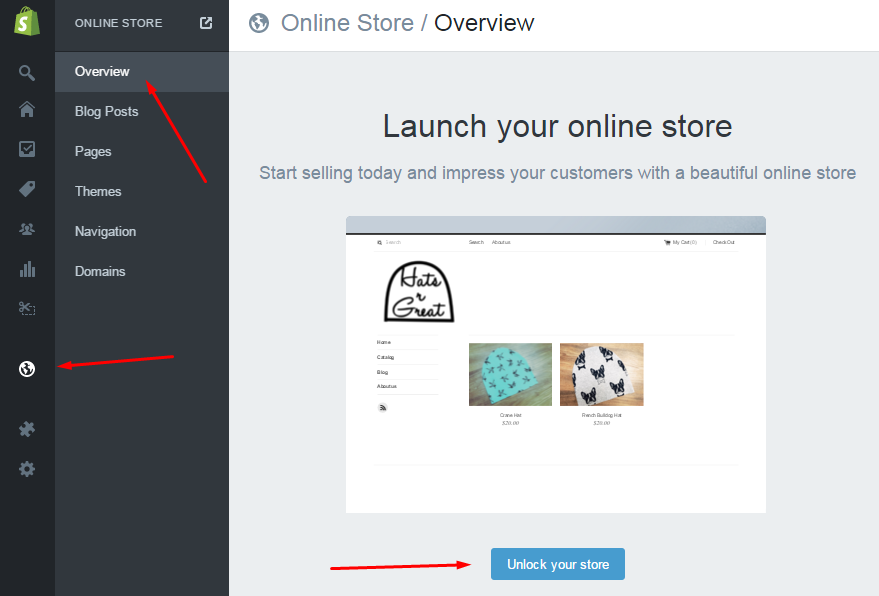
Easy to set up a Shopify store
In the ever-increasing world of cybersecurity concerns and legal scrutiny, having someone who understands security and the law can be critical. While you should double-check that your actions comply with any applicable standards or best practices, it's comforting to know that professionals have established the groundwork and pointed you in the correct way.
This frees you up to focus on running your business, whether it's product design and development, order fulfillment, or customer support.
#2 Common-use features
Even at its "Basic" level, Shopify is filled with capabilities that enable you to add and manage products, inventory, shipping, and more – all that most online stores need to get started.
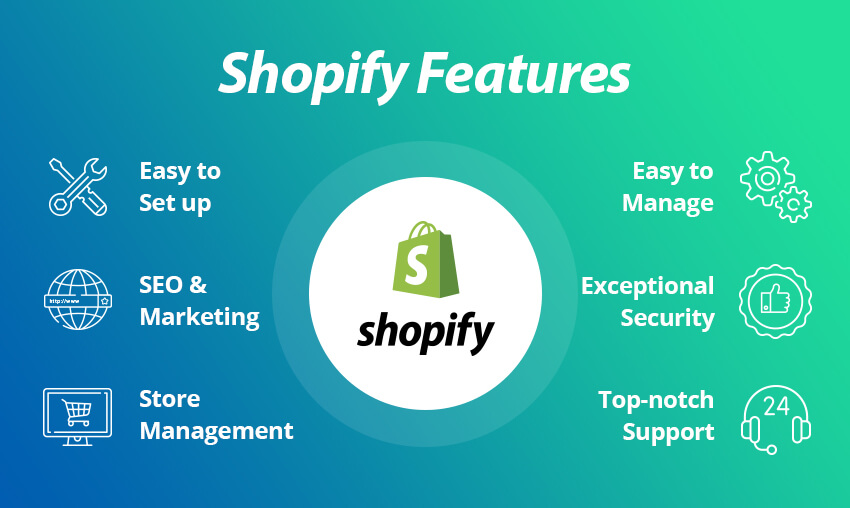
Plenty of fundamental features
Furthermore, Shopify provides you with the tools you need to accept electronic payments, which is arguably the most vital aspect of any business, as long as you qualify for Shopify payments. Shopify also provides fraud protection and PCI compliance, as well as competitive payment processing rates.
Shopify is also intimately linked with Facebook, Instagram, and Google Shopping, allowing you to easily market on some of the most well-known technology platforms.
#3 Flexible toolset
Shopify also provides a number of business-related capabilities, such as integrated marketing features, reporting, and more.
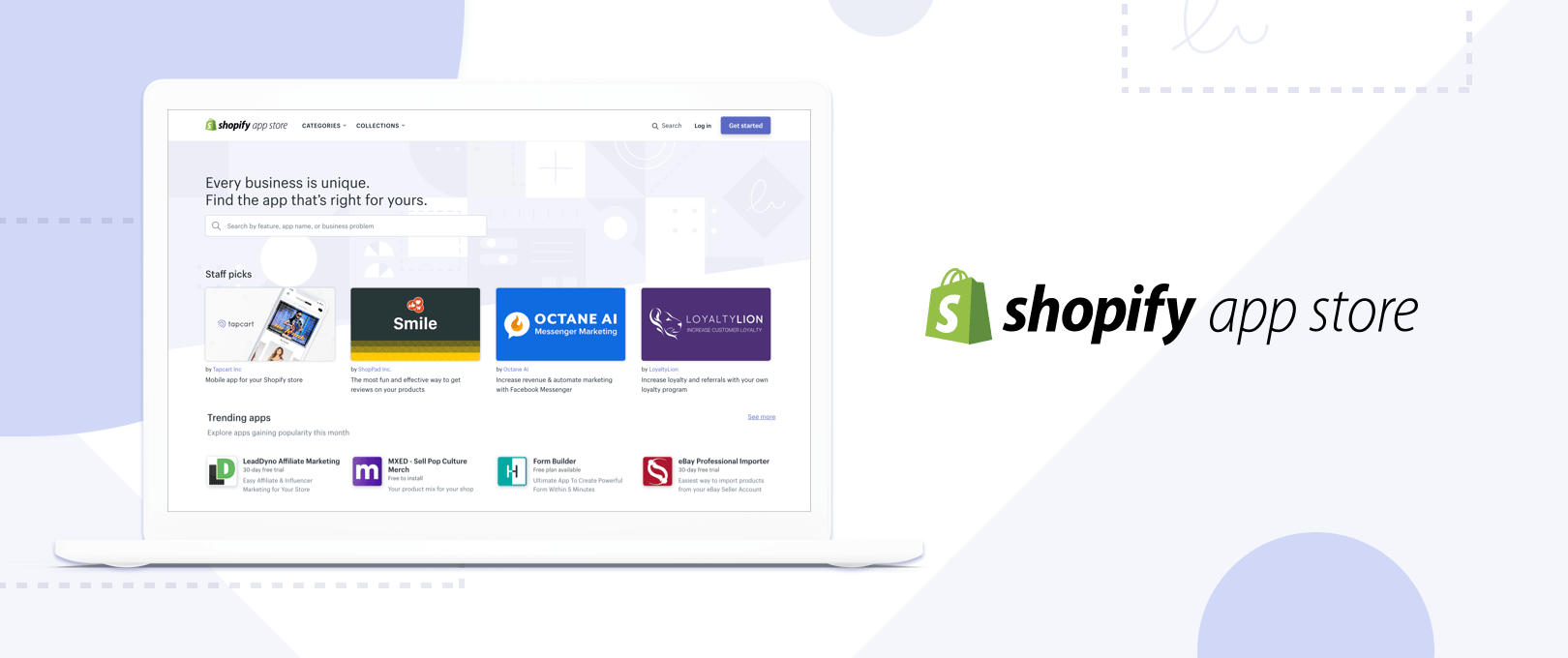
Thousands of apps in Shopify app store
Additionally, the Shopify ecosystem contains hundreds of app-based add-on connections that allow you to customize your store's functionality. One of the advantages of this strategy is that you can add or remove apps as your business needs change, which is especially beneficial for small organizations that frequently evolve and need to try new things on the fly.
#4 24/7 support
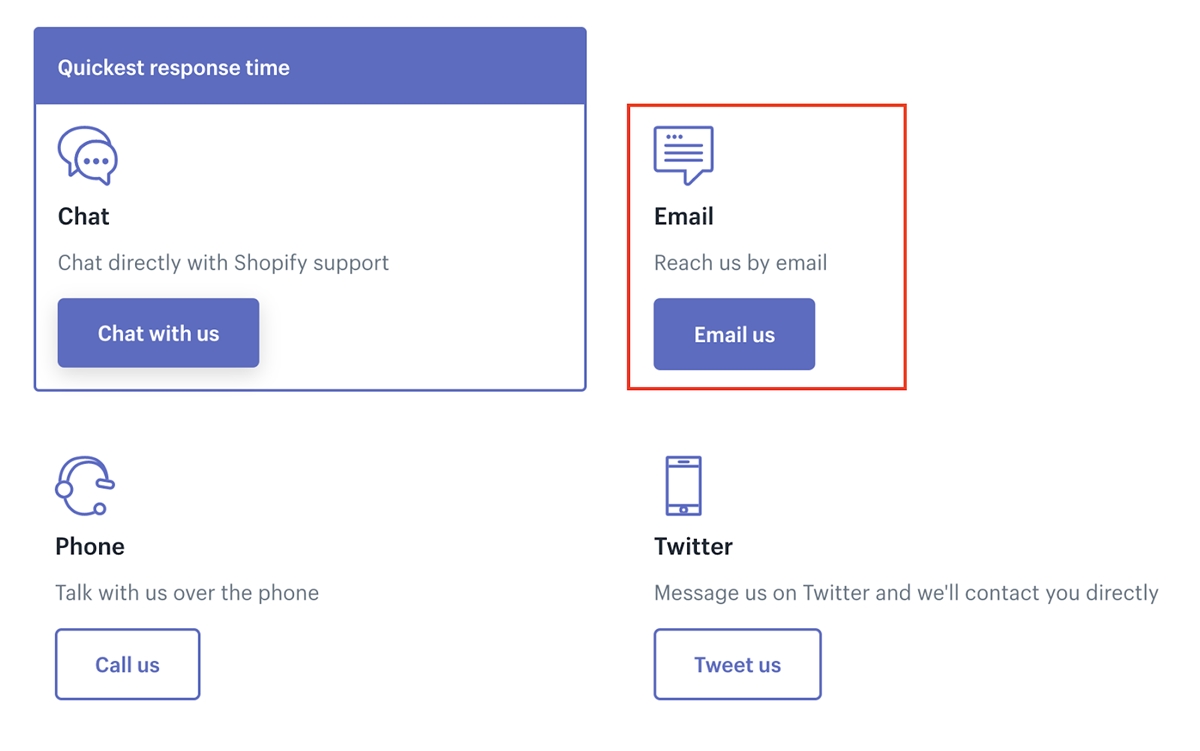
Shopify Customer Service
Shopify also provides help by email, phone, and live chat 24 hours a day, 7 days a week. Furthermore, rich online documentation and tools are available to assist you in not only using the Shopify platform but also growing your business. Shopify, on the other hand, offers more comprehensive support, including a service called Kit that acts as a virtual employee. Kit maintains a watch on your store and can provide you advice and ideas, as well as do duties like executing ad campaigns.
#5 Affordable entry
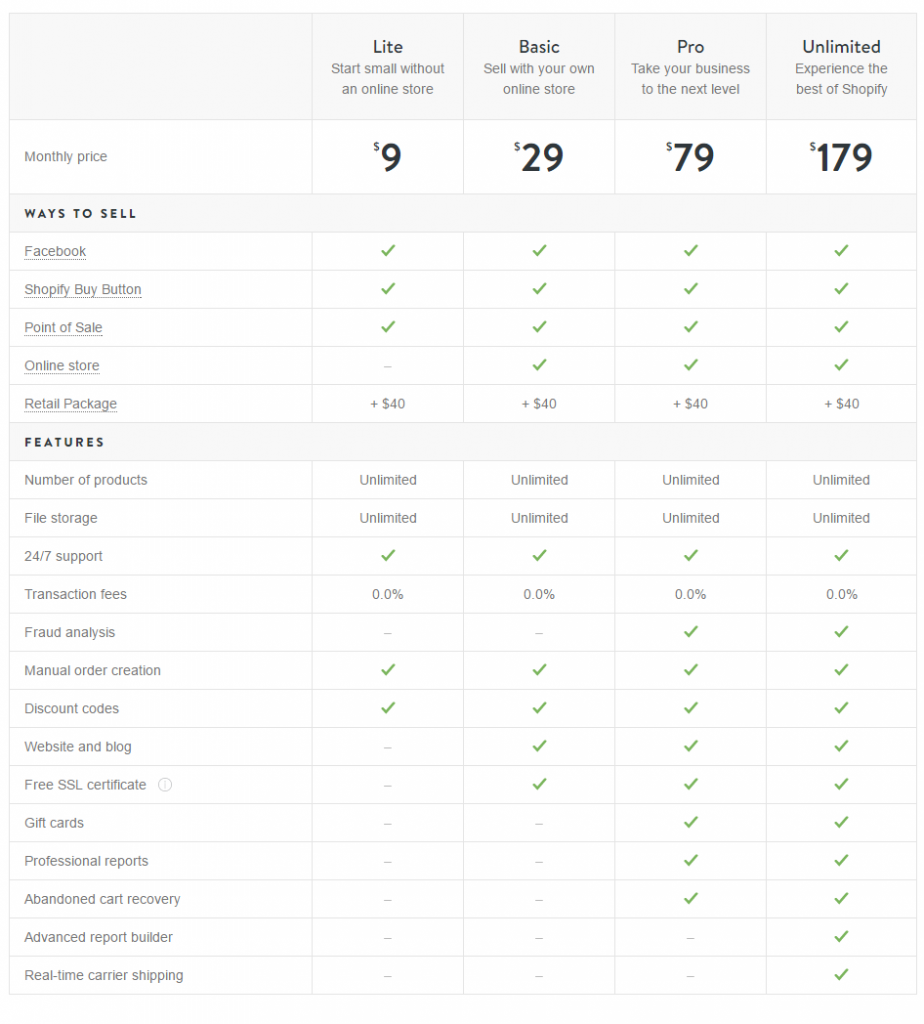
Latest Price of Shopify Plans
While Shopify does charge a monthly fee, when compared to the genuine cost of lower-cost or "free" options, the prices are actually rather reasonable.
While there are several low-cost or "free" open-source e-commerce solutions available, the majority of these wind up having hidden fees. First and foremost, keep in mind that you'll almost certainly need to pay for site hosting or, if you're utilizing a free platform, a monthly subscription to have access to the higher tier of capabilities, which includes commerce.
Despite the fact that this can be found for as little as a few dollars each month, the adage "you get what you pay for" is true. The web hosting industry has become competitive, and in order to give the lowest pricing, expenditures must be cut somewhere, which usually means you'll get low-quality or congested servers, bad support, or low reliability.
Finally, one of the biggest benefits of SaaS is the peace of mind that comes with knowing that matters like server updates, security, compliance, backups, and redundancy are handled by specialists.
Non-complicated usage, full set of basic tools and features and full-time support at a very economic price, Shopify is ultimately the first and best choice for the small-scale business.

